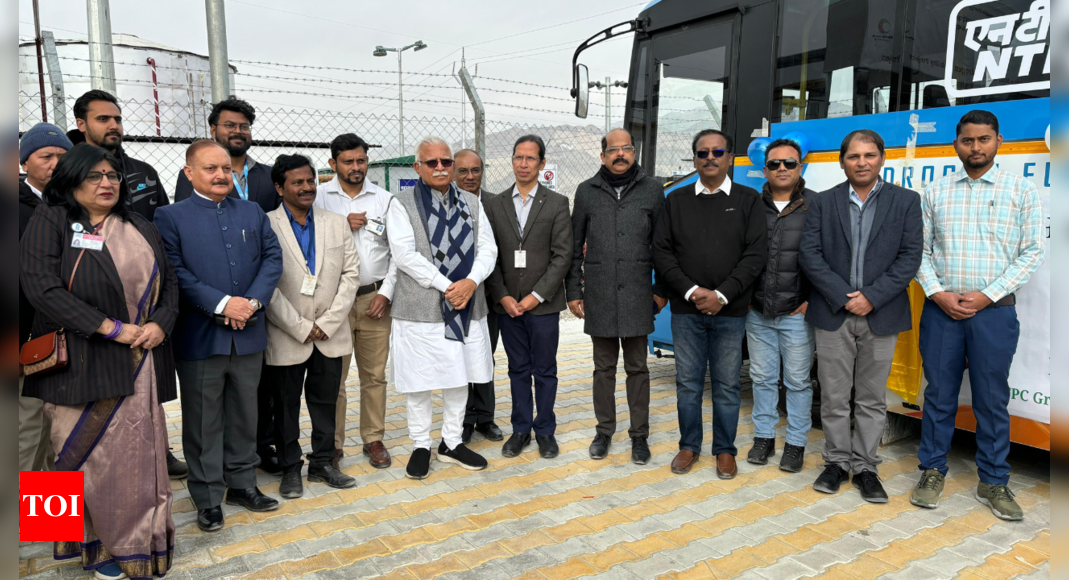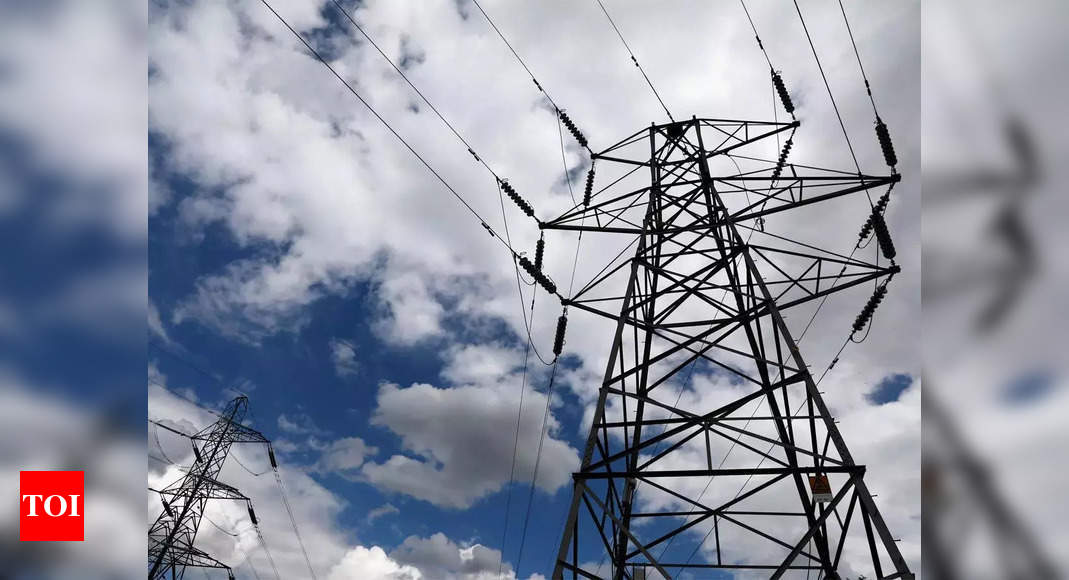
NEW DELHI: Underscoring the role played by homemakers, Supreme Court on Wednesday said their contribution to the national economy needed to be recognised and they must be given access to financial resources of the family as they take care of the home instead of working, reports Amit Anand Choudhary.
“Services and sacrifices of homemakers for the economic well-being of the family and the economy of the nation remain uncompensated in large sections of society,” a bench of Justices B V Nagarathna and Augustine George Masih said.The court said it was well known that an Indian homemaker tries to save as much as possible from the monthly household budget not only to augment the financial resources of the family but also to save a small portion for her personal expenses.
“Most married men in India do not realise this… Some husbands are not conscious of the fact that the wife… is dependent on them not only emotionally but also financially,” Justice Nagarathna said. “Therefore, I observe that an Indian married man must become conscious of the fact that he would have to financially empower and provide for his wife who does not have an independent source of income by making available financial resources particularly towards her personal needs; in other words, giving access to his financial resources,” she said.
“Services and sacrifices of homemakers for the economic well-being of the family and the economy of the nation remain uncompensated in large sections of society,” a bench of Justices B V Nagarathna and Augustine George Masih said.The court said it was well known that an Indian homemaker tries to save as much as possible from the monthly household budget not only to augment the financial resources of the family but also to save a small portion for her personal expenses.
“Most married men in India do not realise this… Some husbands are not conscious of the fact that the wife… is dependent on them not only emotionally but also financially,” Justice Nagarathna said. “Therefore, I observe that an Indian married man must become conscious of the fact that he would have to financially empower and provide for his wife who does not have an independent source of income by making available financial resources particularly towards her personal needs; in other words, giving access to his financial resources,” she said.









